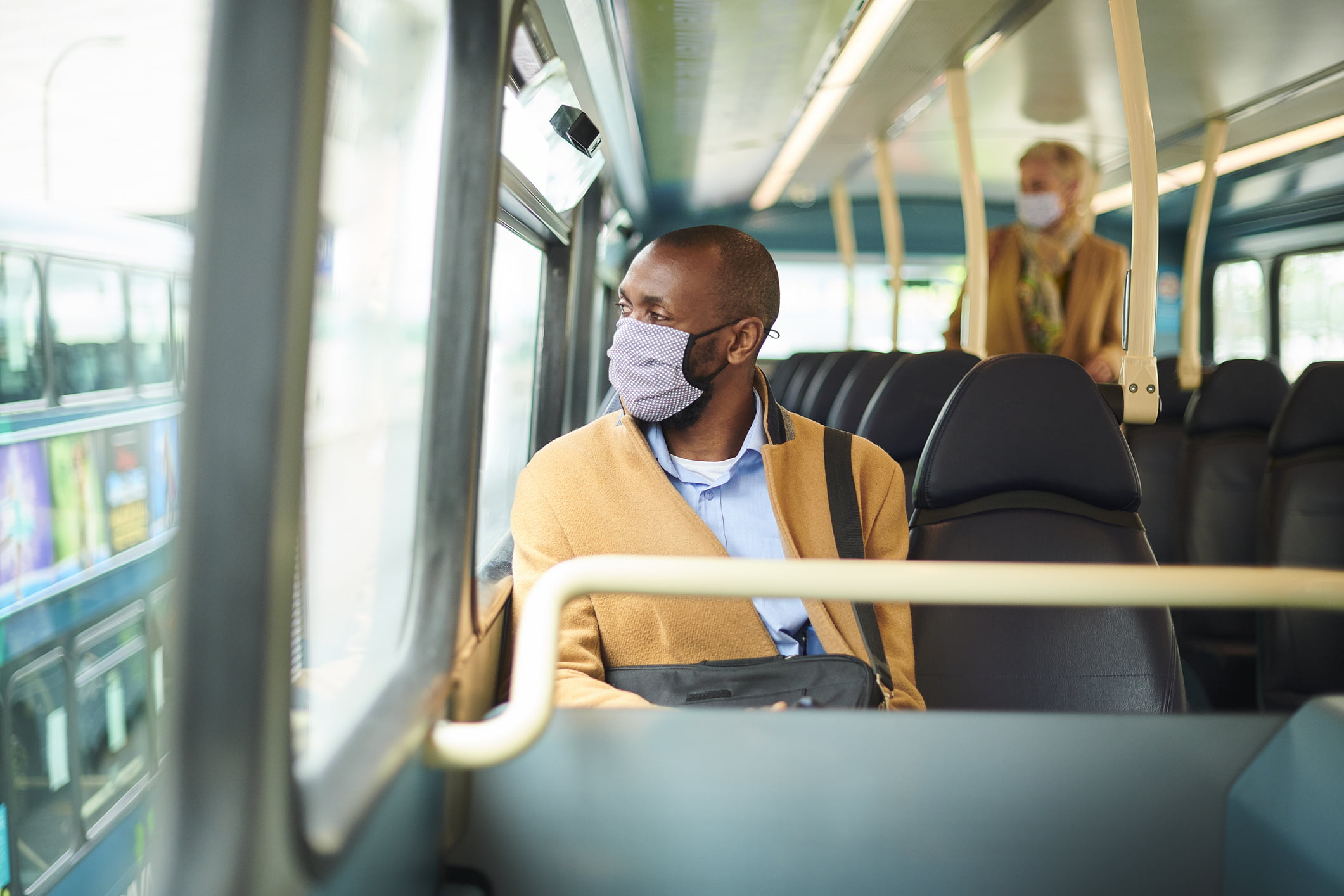This year, Clean Air Day focuses on the impact air pollution has on children’s health. Children are at the greatest risk of developing heart and lung diseases, in addition to stunted lung development and low birth weight being a real danger.
Poor air quality can also impact a child’s ability to learn. A study by Asthma UK and the British Lung Foundation found that 27% of UK schools are situated in areas exposed to high levels of fine particulate matter (PM2.5) air pollution. PM2.5 is made up of solid and liquid particles that can easily be inhaled and is considered the most harmful category of air pollution to human health.
While some local authorities are supporting schools by limiting the use of surrounding roads during school drop off and pick up times, for example through the School Streets initiative, more can be done to protect the nation’s children.
Another key consideration during Clean Air Day is Covid-19 recovery. Like air pollution, Covid-19 can affect the lung health of those with the virus, risking possible long-term damage. Exposure to air pollution can also contribute to underlying health conditions and increase the risk of severe symptoms and complications from Covid-19.
Change is needed to lessen the current threat to public health from both air pollution and Covid-19, to improve lung health, reduce occurrences of lung conditions and the severity of Covid-19 if contracted.

